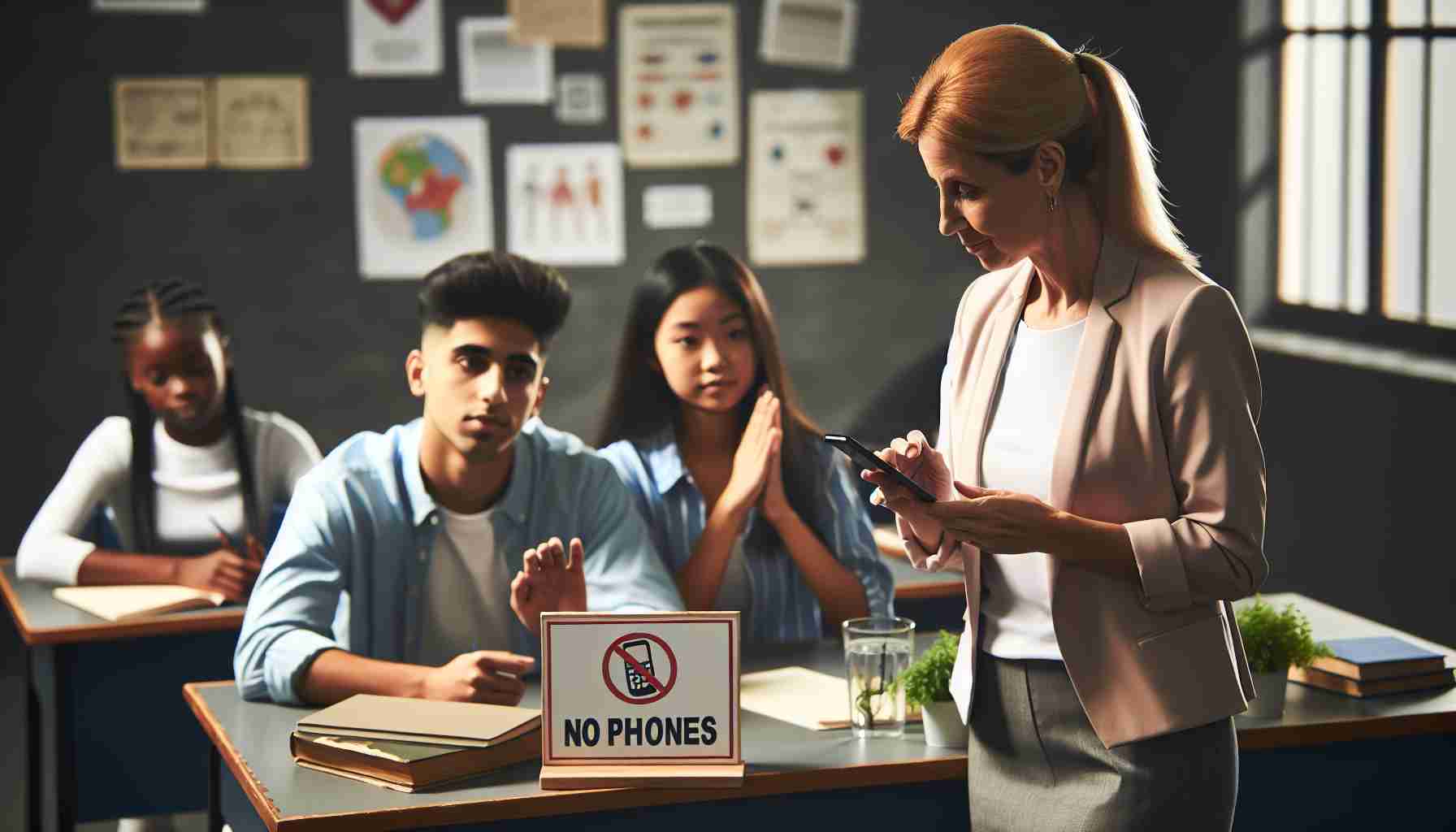California Moves Towards Smartphone Restrictions
California is taking a step towards restricting smartphone use in schools to prioritize student learning and well-being. Governor Gavin Newsom announced plans to collaborate with lawmakers on legislation aimed at limiting smartphone use during the school day, echoing the recent ban by the Unified School District of Los Angeles.
Focus on Mental Health
Citing concerns for student mental health, Newsom referenced an article by Surgeon General Vivek Murthy advocating for social media platforms to display warning labels highlighting potential harm to teenagers’ mental health. If enacted, California will join states like Florida and Indiana with similar bans already in place.
Following New York’s Lead
Following in the footsteps of New York Governor Kathy Hochul, who earlier this year announced a forthcoming smartphone ban in schools starting next year, California’s proposed restrictions underscore a growing recognition of the need to safeguard students from excessive screen time and its potential negative impact on mental well-being.
By prioritizing student mental health and academic focus over constant screen engagement, California aims to create a healthier learning environment for its students.
Additional Facts:
1. Research Findings: Studies have shown a correlation between excessive smartphone use among students and increased levels of anxiety, depression, and decreased academic performance. Limiting smartphone use in schools can potentially mitigate these negative effects.
2. Parental Involvement: Many parents support restrictions on smartphone use in schools as they believe it can help their children stay focused on learning and reduce distractions.
3. Digital Well-being Education: Some schools are implementing programs to educate students about the importance of digital well-being and responsible smartphone usage to promote a healthier relationship with technology.
Key Questions:
1. What are the potential long-term effects of unrestricted smartphone use on students’ mental health?
2. How can schools effectively enforce smartphone restrictions without hindering educational activities?
3. What alternative methods can schools implement to support student well-being without completely banning smartphones?
Challenges and Controversies:
– Enforcement: Ensuring compliance with smartphone restrictions can be challenging, especially with students who may find ways to circumvent the rules.
– Equity Concerns: Some argue that banning smartphones in schools may disproportionately affect students who rely on them for educational purposes or communication with parents.
– Parental Opposition: Not all parents may agree with smartphone restrictions in schools, citing the need for accessibility or emergency communication with their children.
Advantages and Disadvantages:
– Advantages: Potential benefits include improved focus in classrooms, reduced distractions, enhanced student-teacher interactions, and better mental well-being.
– Disadvantages: Drawbacks may include challenges in implementing and monitoring restrictions, potential backlash from students and parents, and concerns about overregulation impacting personal freedoms.
Suggested related link: Centers for Disease Control and Prevention
